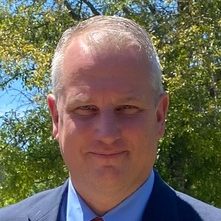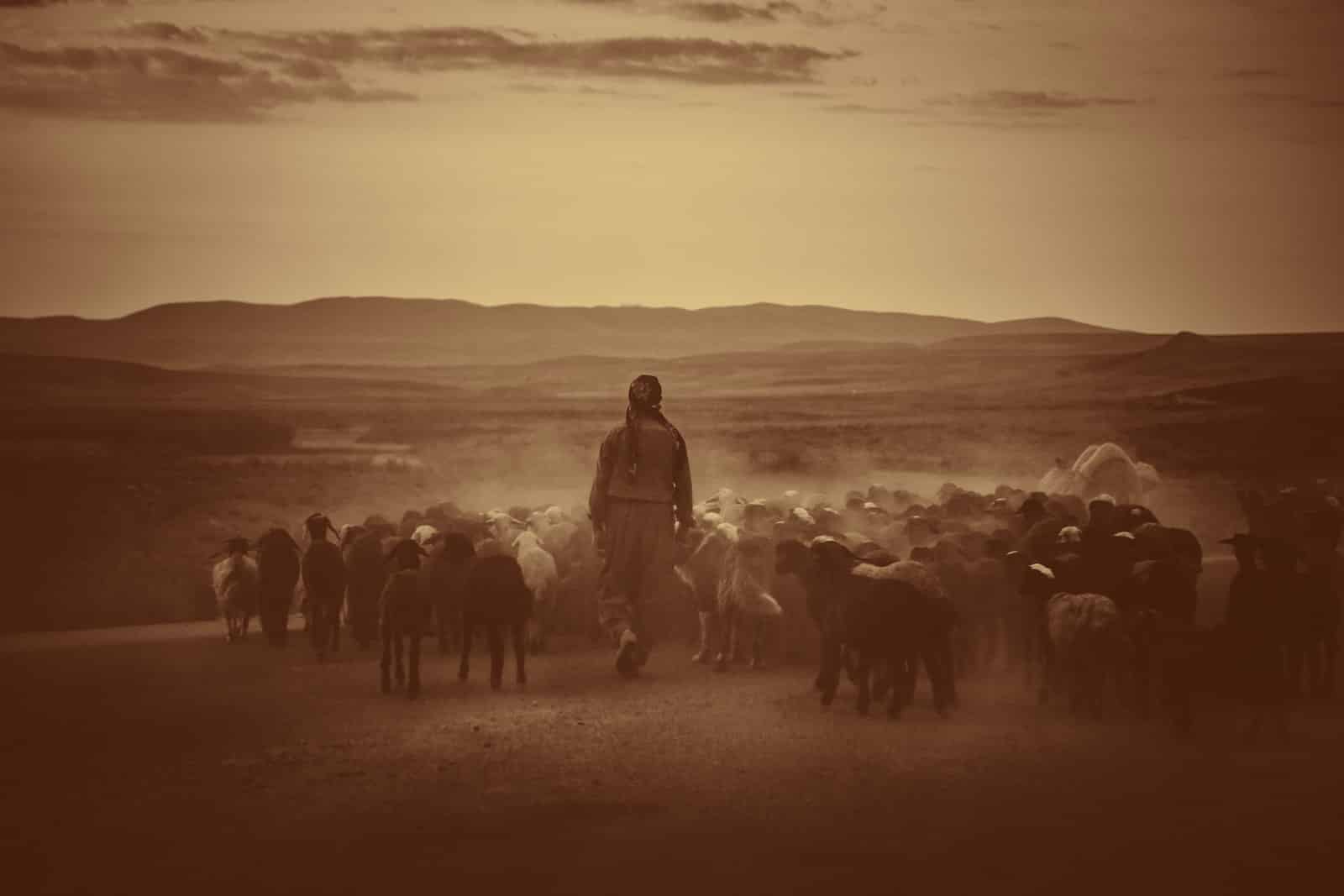Sheep need a shepherd. Wandering sheep are a danger to themselves. Jesus had compassion upon the multitudes of people following Him: “Seeing the people, He felt compassion for them, because they were distressed and dispirited like sheep without a shepherd” (Matthew 9:36). Jesus helped multitudes of people—those with illnesses, blindness, lepers, demon-possessed, and even raising the dead. Yet, all these are temporary. Jesus saw beyond their physical ailments; He saw the deep spiritual need. Physical healings, no matter how miraculous, are temporal.
The compassion Jesus felt was genuine, not figurative. Yes, healing was happening, but emptiness still was there. He identified the reason for it: they had no shepherd. The spiritual need for healing far exceeds the physical. One can be healed physically, and yet still die without Christ.
Jesus looked beyond the temporal. He saw them distressed and dispirited. The ESV says, “harassed and helpless,” and the NKJV reads, “weary and scattered.” No matter the rendering, the fact is they were confused and wondering. Even after all the physical miracles, there remained a grave concern—their spiritual condition.
The very ones responsible for being their shepherds were the ones causing confusion and hopelessness. Jesus identified the hypocrisy of these false shepherds: “Therefore all that they tell you, do and observe, but do not do according to their deeds; for they say things and do not do them. They tie up heavy burdens and lay them on men’s shoulders, but they themselves are unwilling to move them with so much as a finger” (Matthew 23:3-4).
These men who were suppose to be shepherds didn’t care for their flock. They let them eat “ice cream for dinner,” didn’t bind up their wounds, let them wander to the edge of danger, and never sheared their wool. No wonder our Lord looked upon them with compassion.
Ezekiel warned of such false shepherds: “Woe, shepherds of Israel who have been feeding themselves! Should not the shepherds feed the flock” (Ezek 34:2)? A shepherd who feeds himself and not the flock isn’t a true shepherd. Furthermore, Ezekiel 34:3 states, “You eat the fat and clothe yourselves with the wool, you slaughter the fat sheep without feeding the flock.” Not only were they not feeding the flock, they were feeding themselves what they should have fed the flock. Taking this into account today, many pastors are feeding themselves and not the flock, preaching feel good sermons—non-offensive, social-justice-oriented and seeker-friendly messages. I look out upon them and feel compassion because they are wandering.
The shepherds of Ezekiel 34 not only didn’t feed them, they didn’t care for them when they were sick—“the injured you have not bound up” (Ezekiel 34:4). One of the keys to being a shepherd is to keep the flock away from danger. Sheep tend to wander, and they always wander towards danger. The shepherds of Israel didn’t care where they were—“the strayed you have not brought back, the lost you have not sought” (Ezekiel 34:4).
What does this mean for us today? Pastors who stand in the pulpit each Sunday are responsible for feeding the flock of God. The command of 1 Peter 5:2, “Shepherd the flock of God among you,” should not be taken lightly. As physical shepherding involves feeding, caring, watching, and warning, so does spiritual shepherding.
In today’s culture, too many pastors are giving the sheep what they want, not what they need. What is needed today is truth—not a post modern truth, but biblical truth. Feeding the flock a steady diet of biblical preaching is the only true spiritual food. It’s popular to be trendy YouTube-celebrity pastor, but avoid such temptations. Just preach the Word of God—feed the sheep the Word, verse by verse, chapter by chapter, so they will get the nourishment they need.




